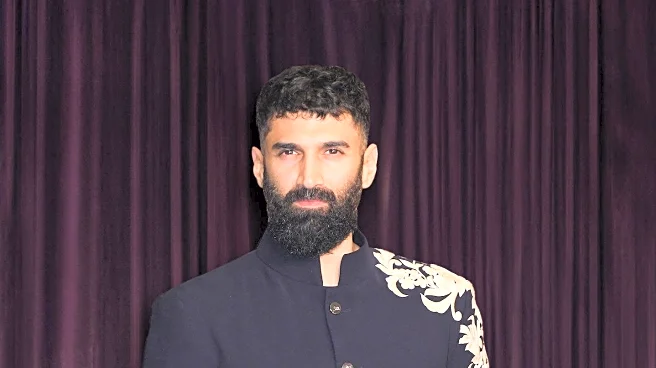Rapid Read • 8 min read
Women are increasingly sharing their experiences and tips on health advocacy, particularly in response to medical gaslighting. Medical gaslighting refers to the dismissal or undermining of a patient's concerns by healthcare professionals, which is reportedly common among women. Many women have expressed the importance of advocating for their health and seeking second opinions if their concerns are not taken seriously. This movement is driven by personal stories of women who have faced chronic and incurable conditions due to their health issues being ignored or minimized by medical professionals.
AD
The significance of this development lies in the potential for improved healthcare outcomes for women. By advocating for their health and seeking second opinions, women can ensure that their medical concerns are addressed promptly and accurately. This can lead to early diagnosis and treatment of conditions, potentially preventing chronic illnesses. Additionally, raising awareness about medical gaslighting can lead to systemic changes in the healthcare industry, encouraging professionals to take women's health concerns more seriously and fostering a more inclusive and respectful healthcare environment.
As more women share their experiences and advocate for their health, there may be increased pressure on healthcare providers to address medical gaslighting. This could lead to changes in medical training and practices, emphasizing the importance of listening to and validating patients' concerns. Furthermore, healthcare institutions might implement policies to ensure that patients receive thorough evaluations and are encouraged to seek second opinions when necessary. Advocacy groups and public health campaigns may also emerge to support women in navigating the healthcare system effectively.
The issue of medical gaslighting highlights broader societal challenges related to gender bias in healthcare. It underscores the need for cultural shifts within the medical community to recognize and address these biases. Additionally, it raises ethical questions about patient care and the responsibility of healthcare providers to ensure equitable treatment for all patients. Long-term, this movement could contribute to a more gender-sensitive approach in medical research and practice, ultimately improving health outcomes for women.
AD
More Stories You Might Enjoy











